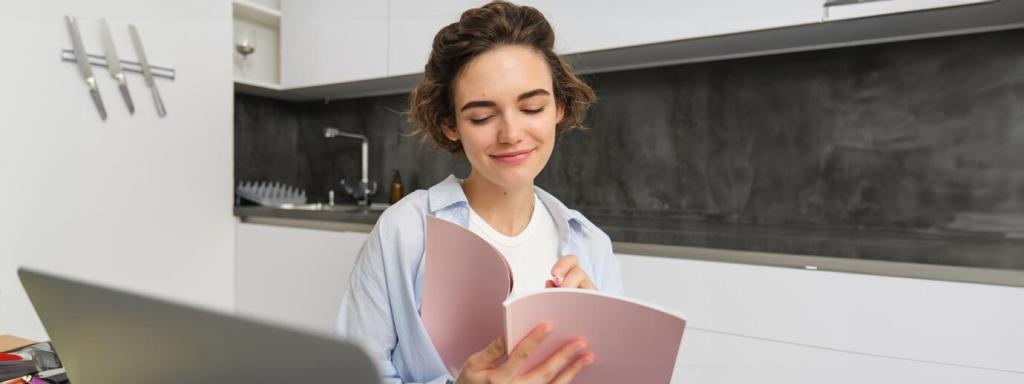The Carbon Footprint of Digital Learning
Swapping daily commutes and heated classrooms for online lessons cuts transportation emissions and facility energy use. Yet meaningful savings emerge only when we pair remote learning with mindful habits. Share your commute-to-click story and tell us how much travel you’ve replaced.
The Carbon Footprint of Digital Learning
Video streaming is energy intensive, especially at high resolutions. Download when possible, lower quality for lectures, and turn off cameras during passive listening. Have you tried audio-first sessions? Comment with your bandwidth hacks to help peers learn sustainably.







